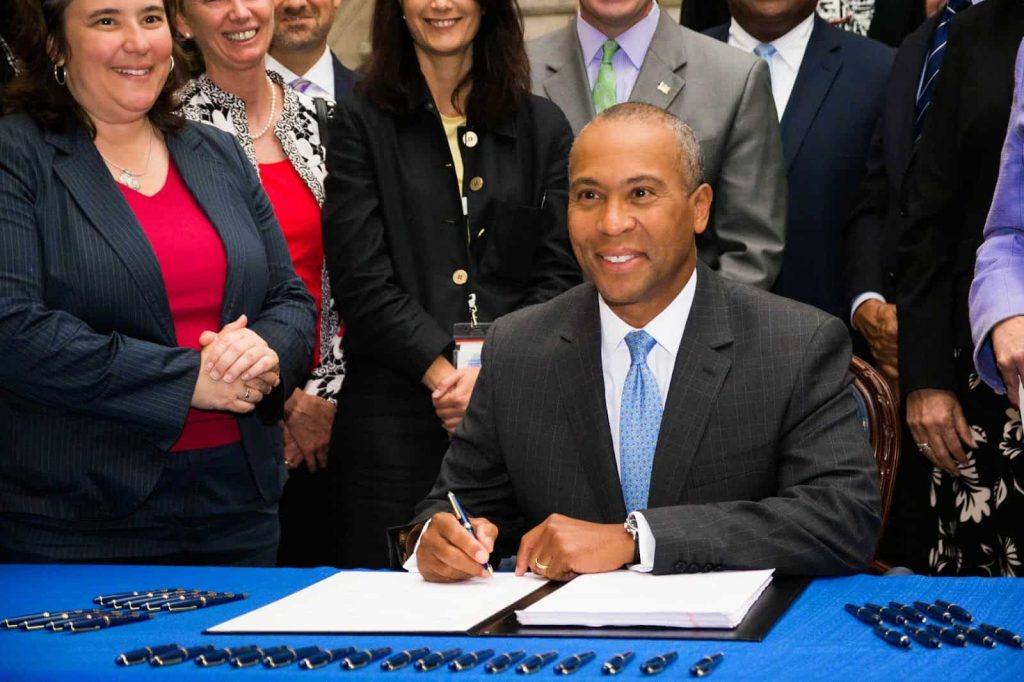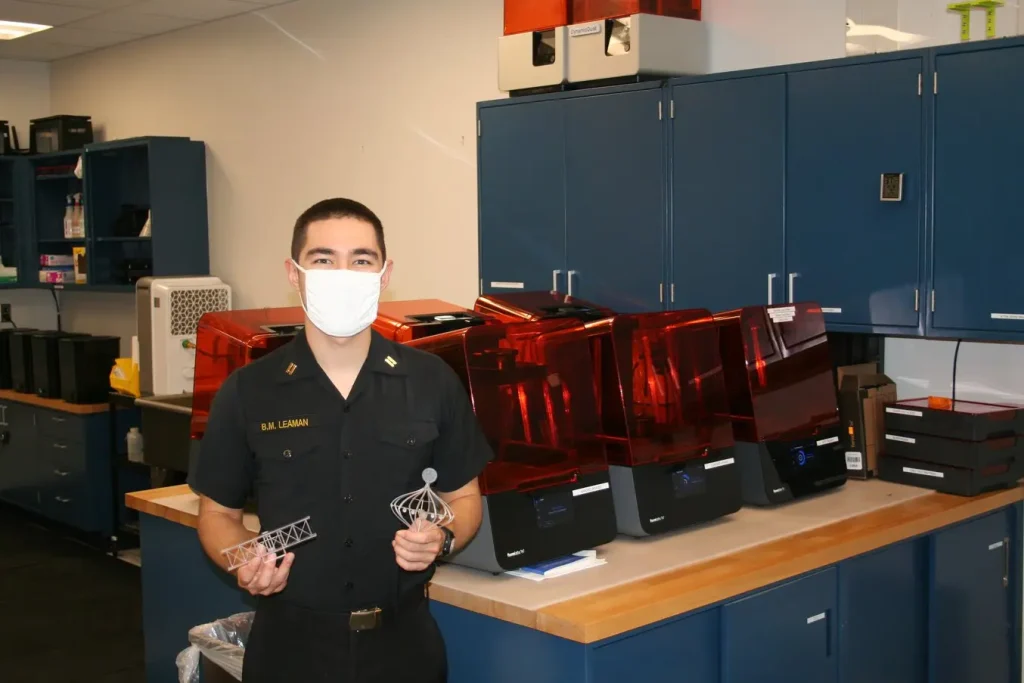In the
closing days of its formal sessions, the Massachusetts Legislature passed an economic development bill that includes many items that the Mass Technology Leadership Council and other technology and business groups strongly
advocated for with lawmakers.
closing days of its formal sessions, the Massachusetts Legislature passed an economic development bill that includes many items that the Mass Technology Leadership Council and other technology and business groups strongly
advocated for with lawmakers.
 These
Theseitems address some of the key issues that technology company leaders have
raised with policy makers over the past year, as they relate to the overall
climate for tech companies, support for start-ups and early state companies and
shortages of skilled workers. Other
provisions create a positive regulatory structure for wireless technologies, focus
on growth areas like Big Data and provide matching dollars for programs to develop
computer science skills in elementary and high school.
Where
consensus was not reached on other issues like non-compete agreements,
representatives of both sides of this issue began a very important dialogue
around how agreements like these affect the state’s ability to start and grow
companies that need to protect intellectual property while at the same time retaining
highly skilled workers.
consensus was not reached on other issues like non-compete agreements,
representatives of both sides of this issue began a very important dialogue
around how agreements like these affect the state’s ability to start and grow
companies that need to protect intellectual property while at the same time retaining
highly skilled workers.
We look
forward to working with the Legislature and the new Governor on more ways to
leverage the strengths of our technology sector and grow the innovation economy
across the state.
forward to working with the Legislature and the new Governor on more ways to
leverage the strengths of our technology sector and grow the innovation economy
across the state.
We
thank the Governor and the Legislature for their focus on the innovation
economy and their support across the tech sector. Highlights of the bill
follow.
thank the Governor and the Legislature for their focus on the innovation
economy and their support across the tech sector. Highlights of the bill
follow.
Tech Highlights from HB 4377:
AN ACT PROMOTING ECONOMIC GROWTH ACROSS THE COMMONWEALTH
- Provides
$1.5M to the Massachusetts Computing Attainment Network (MassCAN) Program to
develop and implement a plan establish computer science education in public
schools across the Commonwealth. Requiring a dollar-for-dollar funding match
from private sector contributions, the program will generate interest in
computer science among underrepresented demographics and provide schools with
course and curriculum recommendations aimed at strengthening the growth and
vitality of the Commonwealth’s technology industry. - Creates
a $2M Big Data Innovation and Workforce
Fund to promote the use of big data, open data, and analytics. The Fund
will bring together the public and private sectors to prepare the Massachusetts
workforce for big data careers and help identify problems and provide
technology-based solutions in various areas of public policy concern, including
transportation, public health, and energy. - Provides
$1M for a Start-up Mentoring Program to connect early-stage entrepreneurs,
technology start-ups, and small businesses with successful, experienced
business enterprises and capital financing. - Provides
$1M to the Talent Pipeline Program, which will match, dollar-for-dollar,
stipends for interns at technology and innovation start-ups. Massachusetts’
universities educate some of the world’s best students. This program will build
connections between that talent pool and in-state early-stage companies,
encouraging both to remain in Massachusetts for the long-term. - Modifies
the Research & Development Tax Credit
formula to align Massachusetts with the federal tax code by providing the
Alternative Simplified Credit (ASC) as an option for taxpayers. This
modification will apply only to R&D activities conducted within the state.
The adoption of the ASC will incentivize investment, spur job growth, and
strengthen the overall economic climate. - Provides
$3M for the Global Entrepreneur Program, which creates a 3-year pilot program
to allow international students to pursue practical training in
entrepreneurship. - Provides
$1.5M for MassVentures, which supports the innovation economy by funding
early-stage, high-growth Massachusetts start-ups as they move from concept to
commercialization. - Provides
$2M for the Innovation Commercialization Seed Fund to provide strategic
investments at both public and private research institutions in Massachusetts.
The seed funding will enable researchers to demonstrate the commercial
potential of an invention or business idea and allow these projects to progress
to commercialization. - Provides
$700,000 for the Commonwealth’s Defense Sector Initiatives, including
education and training programs for workforce development on military
installations. - Provides
$1M for Marine Hydrokinetic Research at the Massachusetts Maritime Academy
and establish partnerships with the private sector in marine hydrokinetics. - Creates
a Job Creation Incentive under the Economic Development Incentive Program
(EDIP), allowing businesses to receive a tax credit of up to $1,000 per job
created, or up to $5,000 per job created in a Gateway City and areas of particular economic need, so long as the
total credit per project does not exceed $1M. - Establishes
and provides $12M for the Middle Skills Job Training Grant Fund
to provide grants to vocational-technical schools and community colleges to
support advanced manufacturing, mechanical and technical skills, hospitality
and information technology industries training. The Fund seeks to train 4,000 workers over the next four years
to address the workforce and talent pipeline needs of employers in
Massachusetts. - Provides
$1.5M for the Workforce Competitiveness Trust Fund for workforce development and
job training to meet the current demands in industry sectors with critical
vacancies, with a particular focus on low-income and low-skilled workers. - Provides
$1M for the Department of Higher
Education to develop, implement and promote stackable credentials programs at public higher education
institutions to ensure students build sustainable and worthwhile careers. - Expansion
of the Small Business Banking
Partnership program allowing PRIM to invest at least $150 million in institutions
that make capital available to small businesses and early-stage companies. - Establishes
a $15M Transformative Development Fund
to enable equity investments and technical assistance to revitalize and support
residential, commercial, industrial, and institutional development in Gateway Cities. Up to $2M of the Fund
will support the creation of Collaborative
Workspaces in Gateway Cities,
which will be created in underutilized buildings to spur innovative and
creative business growth and economic activity.



